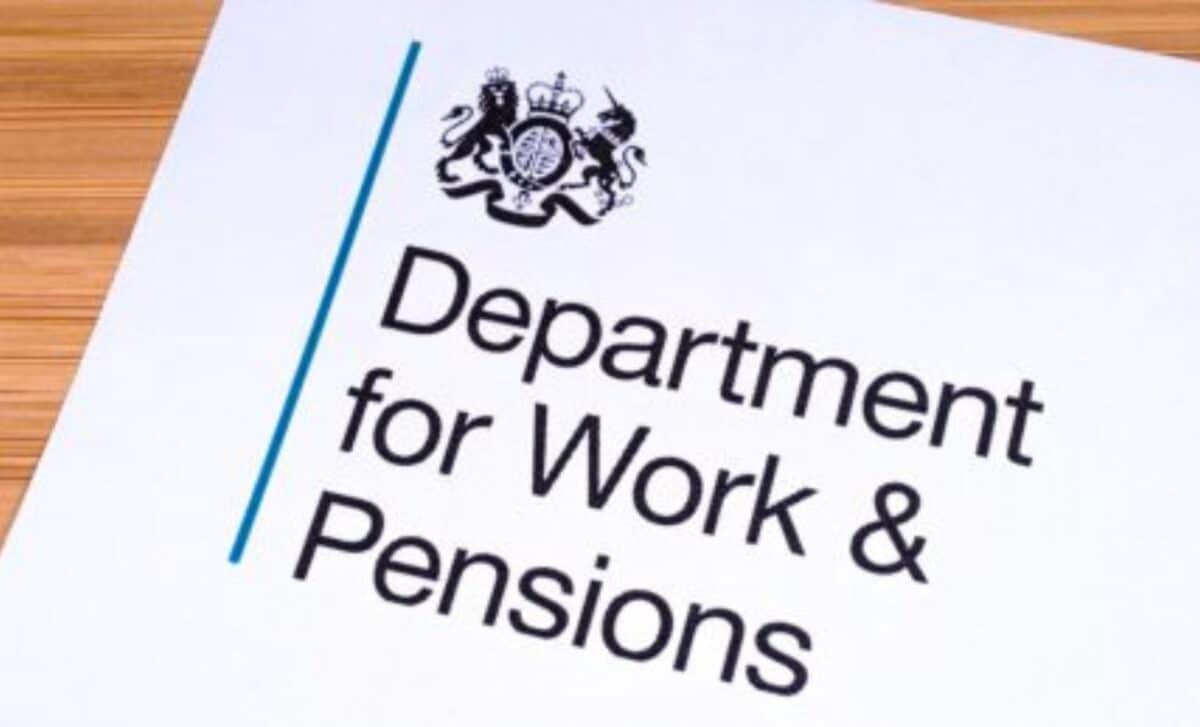Thousands of benefit claimants are set to receive vital letters from the Department for Work and Pensions (DWP) starting today.
DWP Letters Signal Universal Credit Transition
The DWP is now working on “Managed Migration” that would move Brits claiming “legacy benefits” to the newer Universal Credit. The benefits department is transferring people in phases, and starting in June, the DWP will focus solely on those collecting Housing Benefit, which will affect approximately 100,000 people.
Once you are given your migration notification, you will have three months to file a Universal Credit claim. If you fail to do so, you risk losing your benefit eligibility.
As part of the DWP’s ongoing plan, individuals claiming Employment Support Allowance (ESA) with Child Tax Credits will get their migration letters in July, followed by Jobseekers Allowance (JSA) claimants in September. Households receiving Tax Credits and Housing Benefits began to receive their letters in April, which means they have until July to file their claim.
The DWP has been cutting away legacy benefits for several years and resumed the process last year after a brief pause during the Coronavirus outbreak. Around 2.6 million people in the UK were still receiving old-style legacy benefits when the controlled migration restarted. Initially, the process was scheduled to be completed by 2028.
Yet, the government’s plans shifted earlier this year following Prime Minister Rishi Sunak’s “Sick Note Generation” address. Currently, all migration notices will be delivered by the end of December 2025.
What Steps to Follow Upon Receiving Your Managed Migration Notice?
As previously stated, you will have three months from the date you get your notice to submit a Universal Credit claim. You can file your claim online or over the phone by phoning the Universal Credit Migration Notice helpdesk at 0800 169 0328, or you can ask your local Job Centre for assistance with your application.
Once you’ve filed your claim, you’ll have to wait five weeks for your first Universal Credit payment, which you’ll continue to receive unless your circumstances change.
Top-up payments provided for those who would be worse off claiming Universal Credit, and you may use an online benefits calculator to see how the change would effect you. The DWP recommends three benefit calculators, including:
- Policy in Practice Calculator.
- Entitledto calculator.
- Turn2us Calculator.









